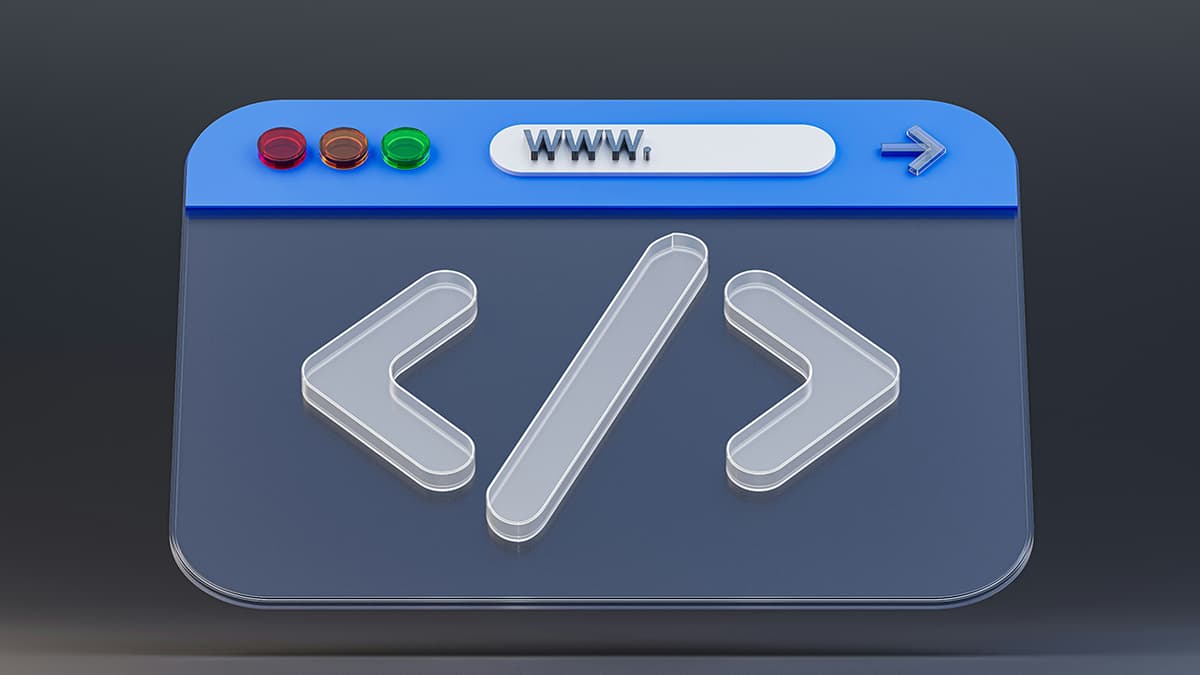Learn These Basic SQL Queries
SQL (Structured Query Language) is a powerful language used for managing and manipulating databases. A strong foundation in basic SQL queries is essential for anyone interested in working with data. This article explores fundamental SQL queries that everyone should learn.
What are Basic SQL Queries?
Basic SQL queries are the building blocks for interacting with a database. They allow you to retrieve, manipulate, and analyze data stored in the database. These queries are vital for tasks such as retrieving specific data, filtering results, and aggregating information.
1. SELECT Statement
The SELECT statement is the most commonly used SQL query. It retrieves data from one or more tables in a database. The syntax for a basic SELECT statement is as follows:
Html
To retrieve all columns from the "Customers" table, use:
Html
2. INSERT Statement
The INSERT statement adds new data into a database table. It allows you to specify values for each column or insert data from another table. The syntax for the INSERT statement is as follows:
Html
To insert a new customer into the "Customers" table, use:
Html
3. UPDATE Statement
The UPDATE statement modifies existing data in a database table. It allows you to change the values of one or more columns based on specified conditions. The syntax for the UPDATE statement is as follows:
Html
To update the email address of a customer in the "Customers" table, use:
Html
4. DELETE Statement
The DELETE statement removes data from a database table. It allows you to delete specific rows or all rows in a table. The syntax for the DELETE statement is as follows:
Html
To delete a customer from the "Customers" table, use:
Html
5. SELECT DISTINCT Statement
The SELECT DISTINCT statement retrieves unique values from a specified column in a table. It eliminates duplicate values and returns only distinct values. The syntax for the SELECT DISTINCT statement is as follows:
Html
To retrieve all unique countries from the "Customers" table, use:
Html
Learning these basic SQL queries will provide the foundational knowledge required to interact with databases effectively. Practice and experiment with these queries in a real database environment to solidify your skills. Happy querying!












